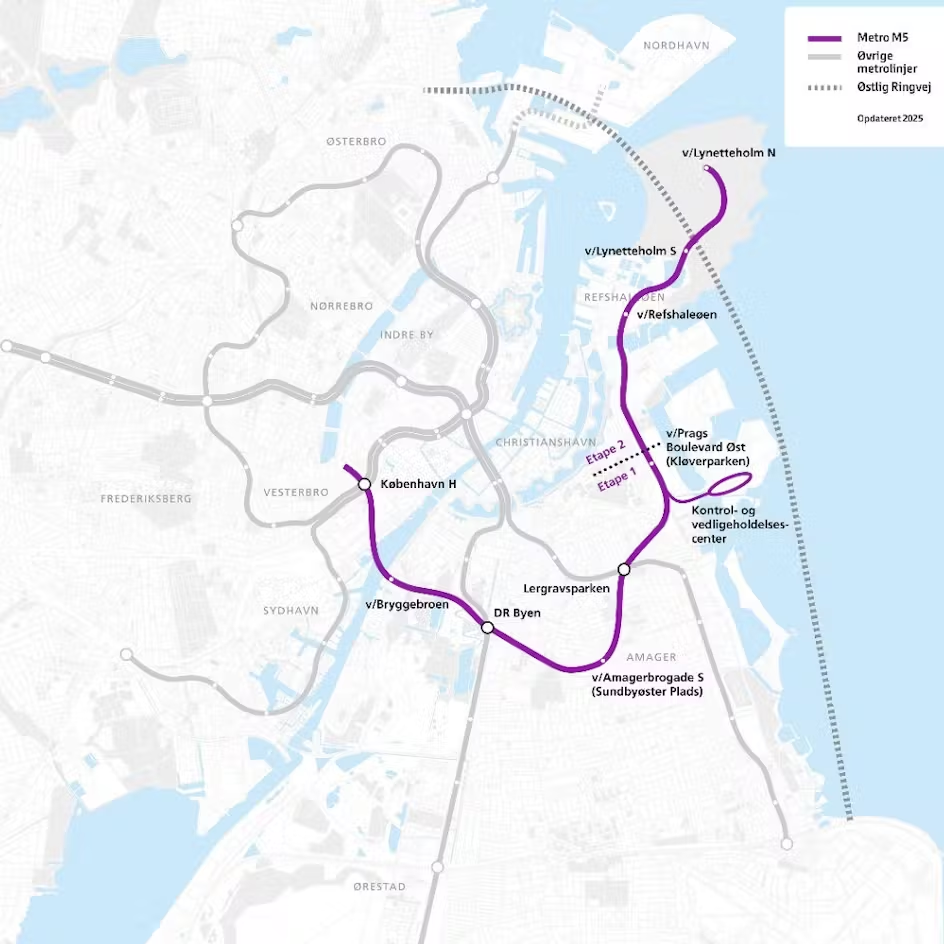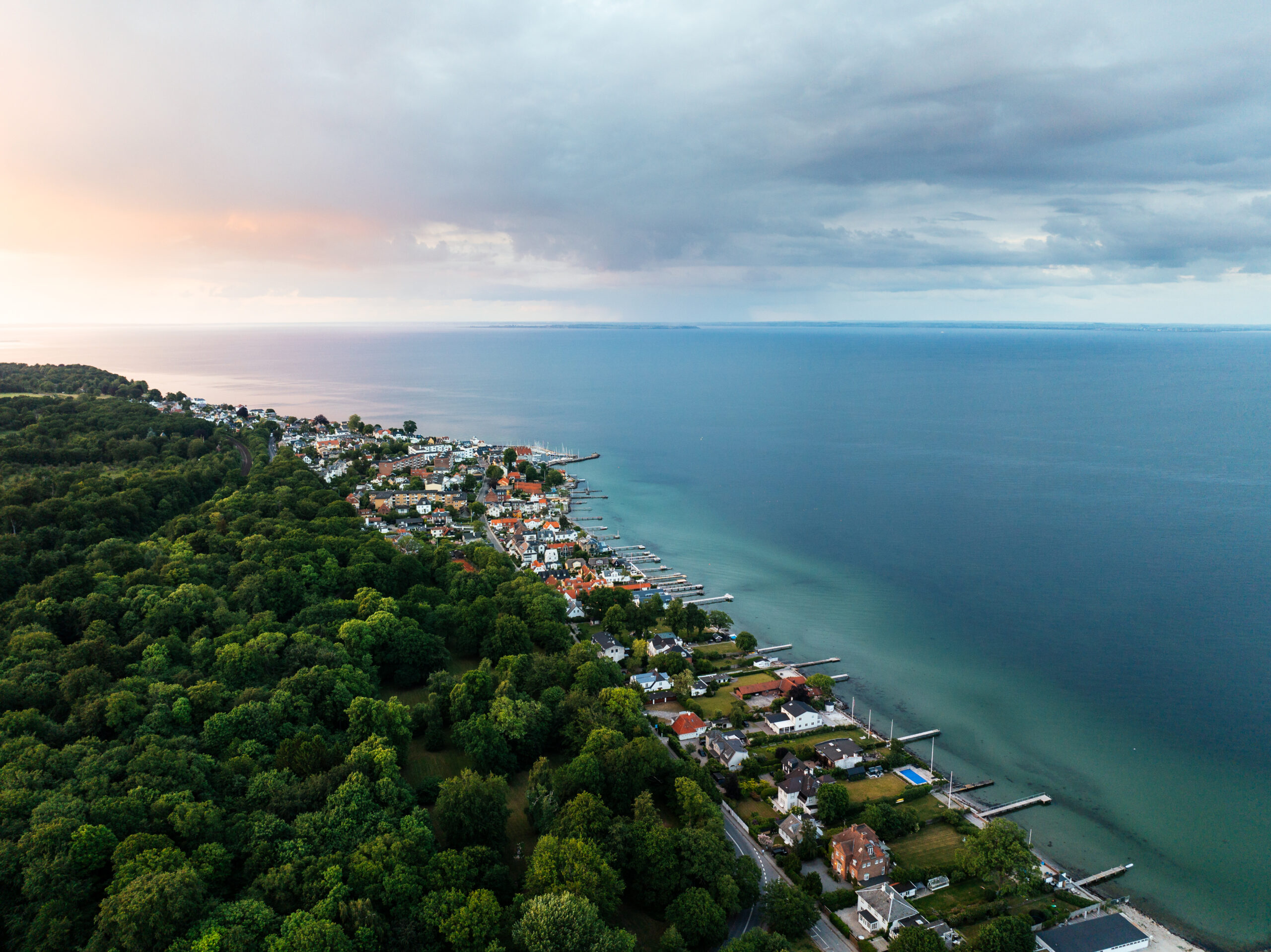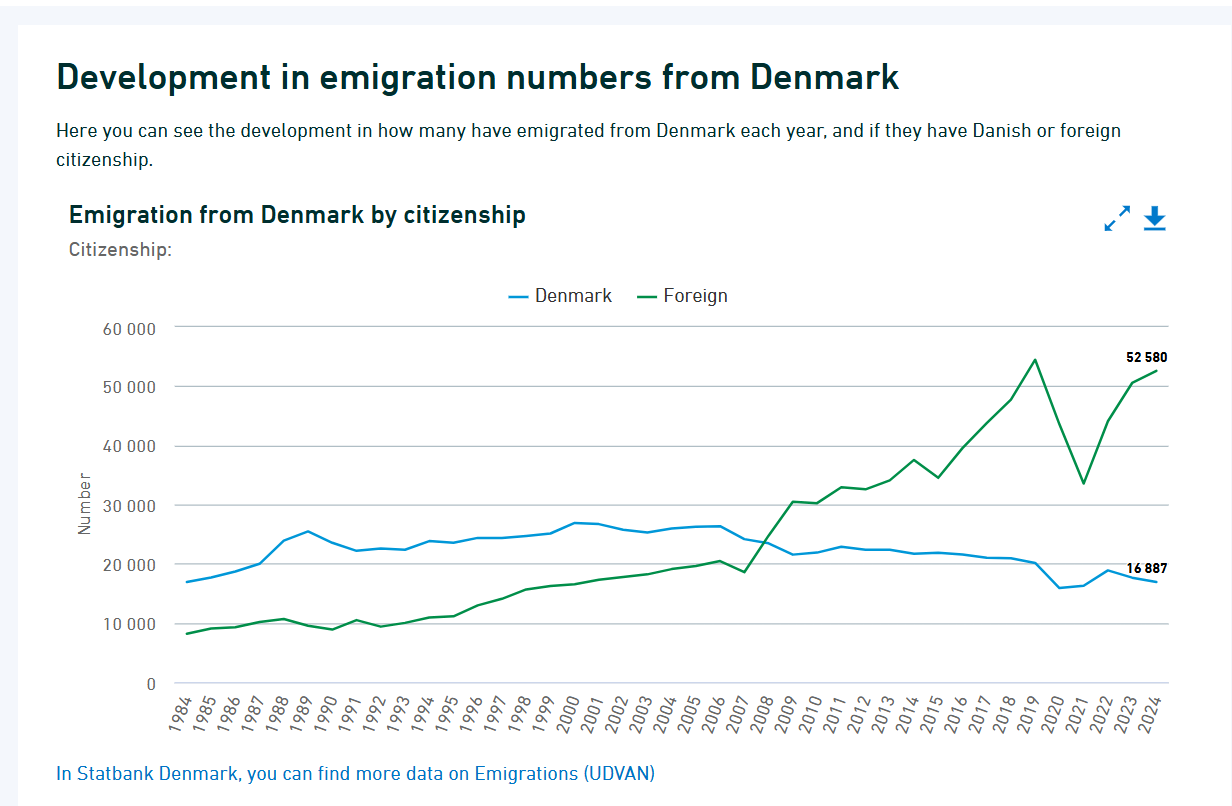The EU should not take the blame for the economic crisis in the individual member states.
That was one of the main points of Monday’s meeting between the president of the European Commission, José Manuel Barroso, and Prime Minister Helle Thorning-Schmidt on the future of the EU at the University of Copenhagen.
“The crisis was not created at a European level, but was basically created because the member states didn’t keep their own house in order,” Thorning-Schmidt said, arguing that “the lesson is that what each individual country chooses to do will affect the rest and our solutions must be carried out in co-ordination with one another.”
Barroso said that is easy to blame the EU for the crisis – pointing to the perceived snowball effect of the problems in Italy and Greece – but the fact is that the crisis began in the individual countries. But to get out of the crisis, he said, the member states must stick together and both co-operate and make compromises.
According to Thorning-Schmidt, that is already happening.
“The actions over the last months have shown that the EU is wiling to act together and act in solidarity,” she said.
She dismissed the recent criticism levelled at the EU that it hasn’t taken concrete action.
“Look at the fiscal compact, the new bailout program for Greece, the strengthening of the firewall and the structure reforms on the way – all these are actions where we have shown that we are capable of acting together,” she said.
Both Thorning-Schmidt and Barroso rejected the notion that the current crisis calls for signifcantly changing the EU. Both leaders argued that countries can’t get out of the crisis alone, and that EU member states need to stick together and have clear and concrete initiatives.
Barroso said that this was particularly true for smaller countries.
“Member states will face irrelevance if they don’t agree to a stronger union,” he said, arguing the need for ”more Europe not less Europe.”
He said the EU needed to focus on economic growth and job creation.
“If Europe wants to prosper in the future and maintain our values, our social models, and our political environment, we need to invest now in the changes that will ensure what we call ‘smart, inclusive and sustainable growth’ in the future,” he said. “And we must do it together.”















